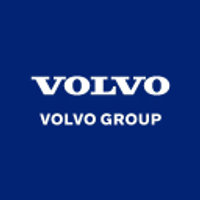
Volvo AB
STO:VOLV B

Profitability Summary
Volvo AB's profitability score is 52/100. We take all the information about a company's profitability (such as its margins, capital efficiency, free cash flow generating ability, and more) and consolidate it into one single number - the profitability score. The higher the profitability score, the more profitable the company is.
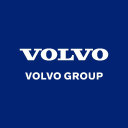
Score
We take all the information about a company's profitability (such as its margins, capital efficiency, free cash flow generating ability, and more) and consolidate it into one single number - the profitability score. The higher the profitability score, the more profitable the company is.
We take all the information about a company's profitability (such as its margins, capital efficiency, free cash flow generating ability, and more) and consolidate it into one single number - the profitability score. The higher the profitability score, the more profitable the company is.

Score

Score
Margins
Earnings Waterfall
Volvo AB

Margins Comparison
Volvo AB Competitors

| Country | Company | Market Cap |
Gross Margin |
Operating Margin |
Net Margin |
||
|---|---|---|---|---|---|---|---|
| SE |

|
Volvo AB
STO:VOLV B
|
700.1B SEK |
Loading...
|
Loading...
|
Loading...
|
|
| US |

|
Cummins Inc
NYSE:CMI
|
82.4B USD |
Loading...
|
Loading...
|
Loading...
|
|
| DE |

|
Daimler AG
XETRA:DAI
|
67.5B EUR |
Loading...
|
Loading...
|
Loading...
|
|
| NA |
D
|
DELISTED SECURITIES
NYSE:AAAGY
|
0 USD |
Loading...
|
Loading...
|
Loading...
|
|
| US |

|
Caterpillar Inc
NYSE:CAT
|
361.9B USD |
Loading...
|
Loading...
|
Loading...
|
|
| US |

|
Paccar Inc
NASDAQ:PCAR
|
66.6B USD |
Loading...
|
Loading...
|
Loading...
|
|
| JP |

|
Komatsu Ltd
TSE:6301
|
7.1T JPY |
Loading...
|
Loading...
|
Loading...
|
|
| US |
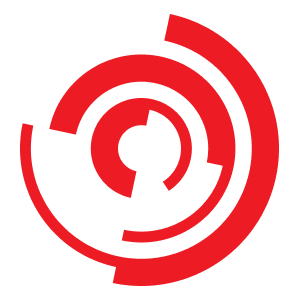
|
Westinghouse Air Brake Technologies Corp
NYSE:WAB
|
43.7B USD |
Loading...
|
Loading...
|
Loading...
|
|
| DE |

|
Daimler Truck Holding AG
XETRA:DTG
|
34.1B EUR |
Loading...
|
Loading...
|
Loading...
|
|
| JP |
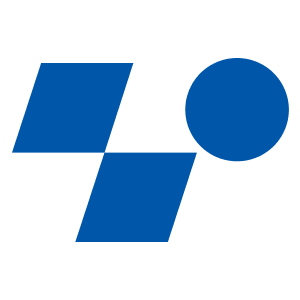
|
Toyota Industries Corp
TSE:6201
|
6.1T JPY |
Loading...
|
Loading...
|
Loading...
|
|
| CN |
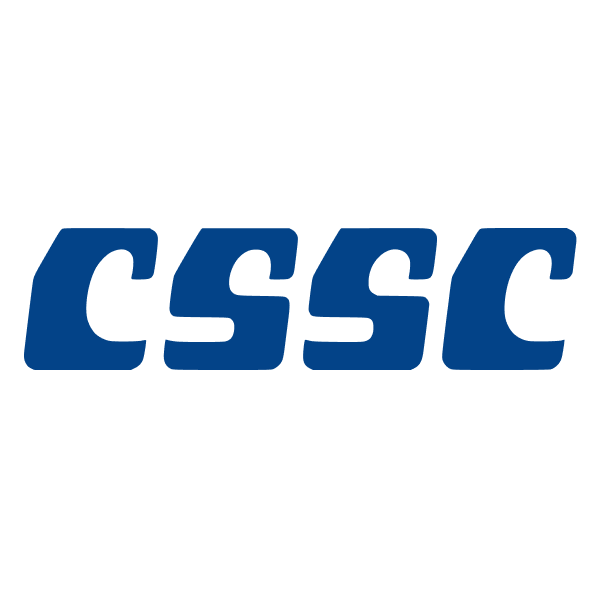
|
China CSSC Holdings Ltd
SSE:600150
|
273.6B CNY |
Loading...
|
Loading...
|
Loading...
|
Return on Capital
Return on Capital Comparison
Volvo AB Competitors

| Country | Company | Market Cap | ROE | ROA | ROCE | ROIC | ||
|---|---|---|---|---|---|---|---|---|
| SE |

|
Volvo AB
STO:VOLV B
|
700.1B SEK |
Loading...
|
Loading...
|
Loading...
|
Loading...
|
|
| US |

|
Cummins Inc
NYSE:CMI
|
82.4B USD |
Loading...
|
Loading...
|
Loading...
|
Loading...
|
|
| DE |

|
Daimler AG
XETRA:DAI
|
67.5B EUR |
Loading...
|
Loading...
|
Loading...
|
Loading...
|
|
| NA |
D
|
DELISTED SECURITIES
NYSE:AAAGY
|
0 USD |
Loading...
|
Loading...
|
Loading...
|
Loading...
|
|
| US |

|
Caterpillar Inc
NYSE:CAT
|
361.9B USD |
Loading...
|
Loading...
|
Loading...
|
Loading...
|
|
| US |

|
Paccar Inc
NASDAQ:PCAR
|
66.6B USD |
Loading...
|
Loading...
|
Loading...
|
Loading...
|
|
| JP |

|
Komatsu Ltd
TSE:6301
|
7.1T JPY |
Loading...
|
Loading...
|
Loading...
|
Loading...
|
|
| US |

|
Westinghouse Air Brake Technologies Corp
NYSE:WAB
|
43.7B USD |
Loading...
|
Loading...
|
Loading...
|
Loading...
|
|
| DE |

|
Daimler Truck Holding AG
XETRA:DTG
|
34.1B EUR |
Loading...
|
Loading...
|
Loading...
|
Loading...
|
|
| JP |

|
Toyota Industries Corp
TSE:6201
|
6.1T JPY |
Loading...
|
Loading...
|
Loading...
|
Loading...
|
|
| CN |

|
China CSSC Holdings Ltd
SSE:600150
|
273.6B CNY |
Loading...
|
Loading...
|
Loading...
|
Loading...
|

